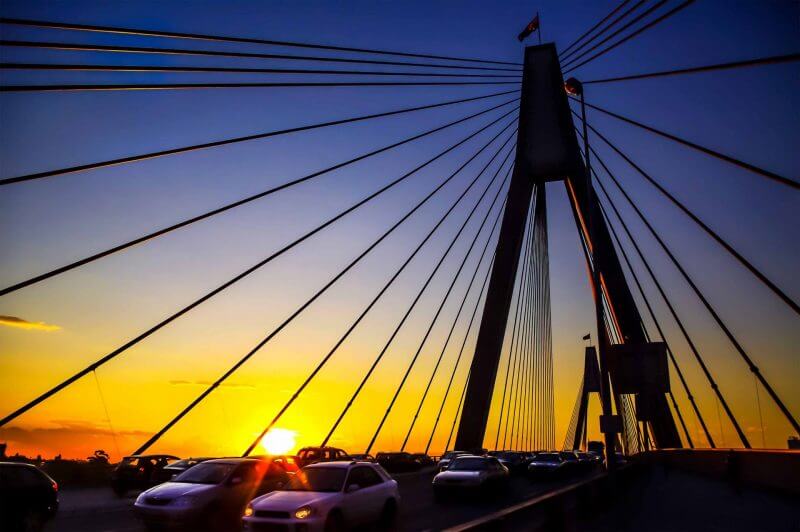
Waste Management FAQ’s
Common waste management questions when considering our Waste Management Services
Wanless provides specialised collection and transport solutions for each waste stream.
General waste goes to a landfill site that adheres to the standards stipulated by EPA. Wanless is developing its own waste-to-energy sites that will convert landfill waste into energy.
Cardboard and paper is directed to a paper recycling facility. Here, the paper is sorted into different quality levels and re-used to produce new paper-based products, such as cardboard box packaging. Businesses can save money and help the environment by having cardboard and paper recycling bins on-site.
Plastics, glass and aluminium are transported to recycling centres, where they are sorted into different materials. Plastics are then further sorted into different types. This is when it is important that customers have separated the plastics before placing in the bin. For example, a milk bottle lid must be separated from the bottle – the two plastics need to be melted down separately in order for them to be recycled.
Horse manure and uncontaminated soils are types of organic waste that can be recycled through a landscaping supplier to produce fertiliser. Organise to have your horse manure and others in the local area to be collected by Wanless to help better the environment we live in.
Wanless aims to achieve a reliable service. So that our customers can rely on a regular service, with regularly servicing of all our trucks, spare trucks for when repairs are being made and competent spare drivers in case of driver illness or absence.
However, unforeseen issues can mean that a bin is not serviced as expected. Such reasons include cars being parked in front of the bin, blocking access; bins not being ‘put out’ for collection; bins being too dangerous to service; or simply a build up of traffic. If a driver does not arrive at the agreed time, please contact your Wanless representative ASAP.
When you become a customer of Wanless, we complete a comprehensive site evaluation that analyses all aspects of the site and documents potential hazards. Wanless will never allow a bin to be placed in a location where a hazard is present. A bin will never be collected in an area where powerlines are a danger.
Wanless drivers are trained to recognise and address hazards; they are especially trained in powerline hazards. If you are concerned that the driver may hit powerlines contact your Wanless representative as soon as possible.
Asbestos removal is a potentially dangerous process that can cause a great deal of harm to the surrounding community and environment. However, through effective safety procedures and correct collection devices, by specially trained staff, Wanless can minimise the risk to a safe level, and dispose of asbestos waste properly.
Asbestos is a regulated waste and therefore is disposed of via EPA regulations at an EPA approved site for special burial. Asbestos bins are supplied to customers with black plastic and tape. All asbestos waste must be completely held by bins, and taped securely for transport.
Driver’s responsibilities
When delivering the bin(s), the driver must:
* Line the bin with the plastic and leave the tape for the customer.
* Where possible, ensure the customer signs for the bin as all conditions are on the reverse of the docket.
* Ensure DO NOT OVERLOAD stickers are applied and visible.
* Ensure telephone number is correct and change if applicable.
When removing the bin(s), the driver must:
* Physically check the contents of each and every bin no matter what it was used for, due to EPA standards.
* Ensure that dockets are signed and EPA checked in reference to asbestos.
* The bin is transported to an approved landfill.
Liquid waste management covers a wide range of services that Wanless manages for customers. Below is a list of different liquid waste services Wanless can provide:
* Grease trap cleansing
* Septic tank pump-out and cleaning
* Dragline cleaning
* Holding tank maintenance
* Oily water and processed waste collection
* Sewerage transportation
* Contaminated water and soil
* Chemical wastes (solvents, inks, paint, thinners)
* Organic solvents (paint, fuels, oils, hydraulic spoils)
* Asbestos removal
* Photographic waste removal
